Our Complete List of Superfoods
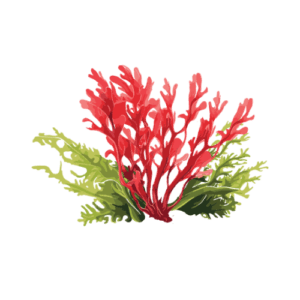
Astaxanthin
- Powerful Antioxidant Protection: Astaxanthin is a potent antioxidant that helps protect the skin from free radical damage caused by UV radiation and environmental stressors, supporting a more youthful and radiant complexion.
- Anti-Inflammatory Properties: It exhibits anti-inflammatory effects, which can assist in soothing and calming irritated skin. This makes astaxanthin beneficial for individuals with sensitive or reactive skin.
- Enhanced Elasticity and Moisture Retention: Astaxanthin has been associated with improved skin elasticity and moisture retention. Its ability to support collagen production contributes to firmer and more hydrated skin.
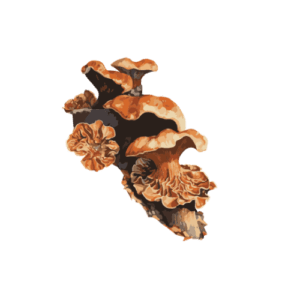
Chaga Mushroom
- Immune-Boosting Antioxidants: Chaga is loaded with antioxidants that support the skin’s immune system, helping to defend against oxidative stress and environmental aggressors.
- Even Skin Tone: Chaga extract is known for its potential to even out skin tone. It may help reduce the appearance of hyperpigmentation and promote a more uniform complexion.
- Collagen Support: Chaga has been associated with collagen protection and stimulation, contributing to skin firmness and elasticity.
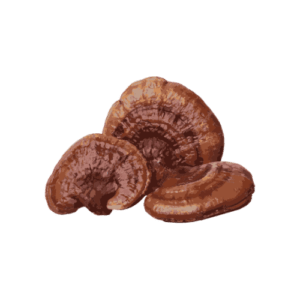
Reishi Mushroom
- Anti-Aging and Antioxidant Support: Reishi is rich in antioxidants that combat free radicals, helping to reduce the signs of aging and protect the skin from environmental damage.
- Skin Calming and Soothing: The anti-inflammatory properties of reishi make it effective in calming and soothing irritated skin. It can be beneficial for conditions such as redness and inflammation.
- Hydration and Radiance: Reishi’s moisturizing properties contribute to skin hydration, promoting a more radiant complexion and addressing dryness or dullness.
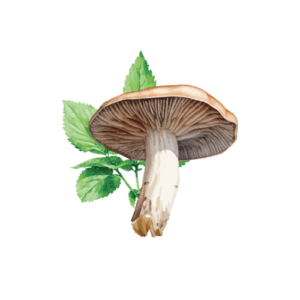
Shiitake Mushroom
- Brightening and Anti-Aging: Shiitake contains kojic acid, which may help brighten the skin and reduce the appearance of age spots. Its anti-aging properties contribute to a more youthful look.
- Antibacterial and Antifungal Properties: Shiitake has natural antibacterial and antifungal properties, making it beneficial for maintaining a healthy and clear complexion by addressing issues related to bacteria and fungi.
- Vitamin D Synthesis Support: The presence of vitamin D in shiitake can assist in supporting the synthesis of this essential vitamin in the skin, contributing to overall skin health.
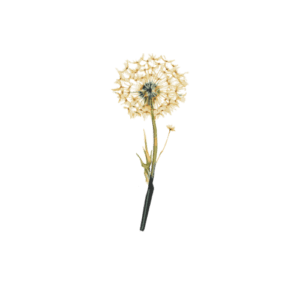
Dandelion
- Common herbaceous plant with moisturizing properties.
- Prevents dryness, and promotes a healthy and hydrated complexion.

Bamboo Stem
- Extracted from bamboo plants, offers soothing and anti-inflammatory properties.
- Ideal for sensitive or irritated skin, calms redness and reduces irritation.
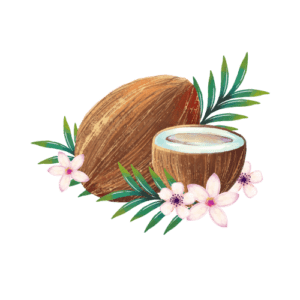
Coco Betaine
- A synthetic compound derived from coconut oil acts as a mild cleanser and foaming agent.
- Suitable for skincare, haircare, and cleaning products, effectively removes impurities.
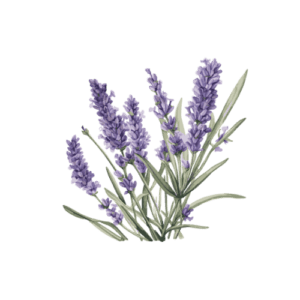
Lavender Hydrosol
- Produced from Lavandula angustifolia flowers, known for soothing and calming qualities.
- Manages acne, reduces inflammation, and enhances overall skincare experience.
- Floral water is produced during the steam distillation of lavender plants.
- Related to Lavandula angustifolia or Lavandula officinalis.
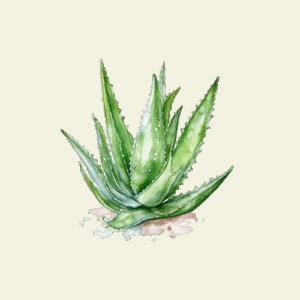
Aloe Vera Juice
- Extracted from the inner flesh of the aloe vera plant.
- Offers soothing, hydrating, and healing properties, suitable for sensitive skin.
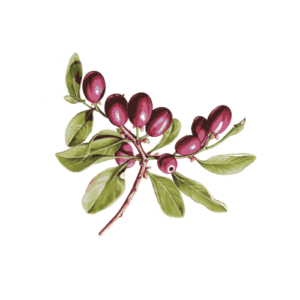
Jojoba Oil
- Derived from jojoba plant seeds, valued for excellent moisturizing traits.
- Light, non-greasy, easily absorbed, suitable for all skin types.
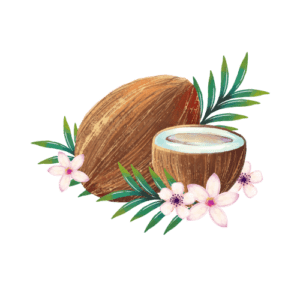
Coco Glucoside
- Natural, biodegradable surfactant made from coconut oil and sugar.
- Provides mild cleansing and foaming abilities, effective for sensitive skin.
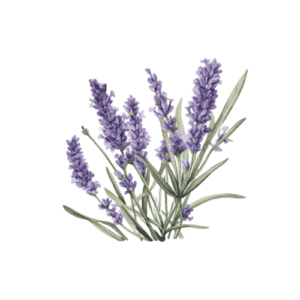
Lavender Essential Oil
- Derived from Lavandula angustifolia or Lavandula officinalis.
- Aromatherapy favourite with a pleasant scent.
- Used in perfumes, soaps, and candles.
- Believed to promote relaxation, and better sleep, and may have anti-inflammatory properties.
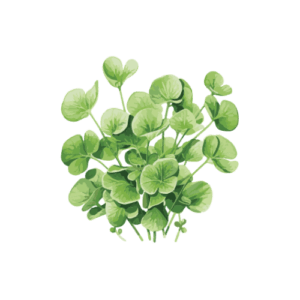
Gotu Kola Powder
- Also known as Centella Asiatica or Indian Pennywort.
- Used in health supplements, skincare, and teas.
- Traditionally used for acne treatment due to its anti-inflammatory properties.
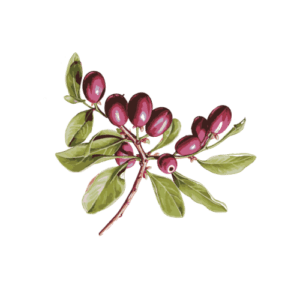
Jojoba Powder
- Natural exfoliant from jojoba plant seeds.
- Native to the southwestern United States and northern Mexico.
- Effective in easing acne, psoriasis, and dry skin.
- Used in various cosmetic and skincare products.
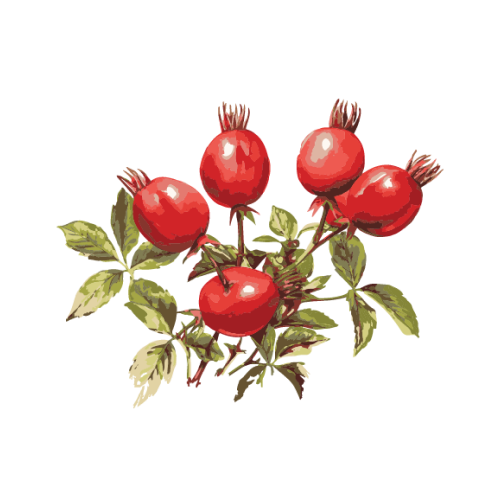
Rosehip Powder
- Derived from the fruit of the rose plant.
- Packed with vitamin C for antioxidant and immune support.
- Brightens the skin, reduces hyperpigmentation, and evens skin tone.
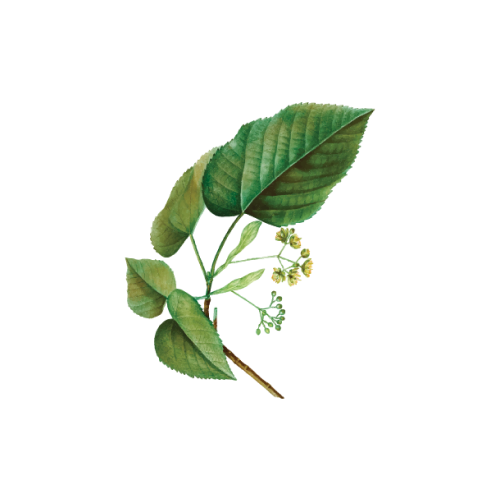
Manjistha Powder
- Comes from the roots of the Manjistha plant (Rubia cordifolia).
- Valued in Ayurvedic medicine for purifying and detoxifying.
- Supports skin health, immune system, liver health, and stress management.
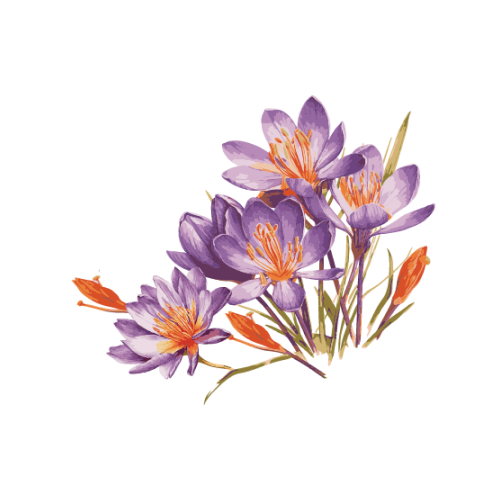
Saffron Powder
- Comes from dried stigmas of the saffron crocus flower (Crocus sativus).
- Expensive spice with skin-brightening and antioxidant properties.
- Rich in Vitamin C.
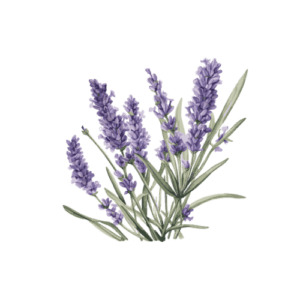
Lavender Powder
- Made from dried lavender flowers.
- Aromatic herb with diverse uses, originally from the Mediterranean.
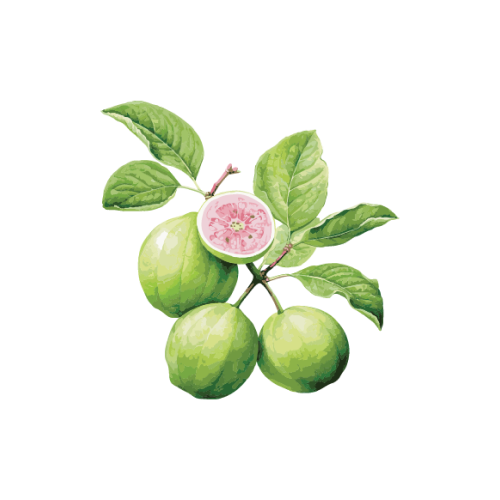
Guava Leaf Powder
- Made by drying and grinding leaves of the guava tree (Psidium guajava).
- Utilized for health and culinary benefits for centuries.
- Mild astringency tightens and tones the skin helps combat acne, and reduces blemishes.
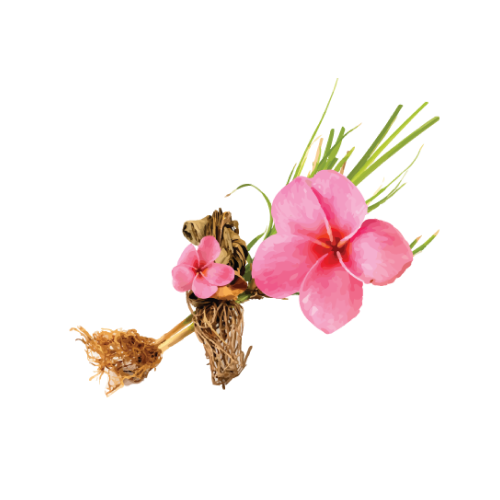
Vetiver
- Grass from India, also known as “khus.”
- Used in perfumes and aromatherapy.
- Beneficial for the environment, controls soil erosion, and improves soil quality.
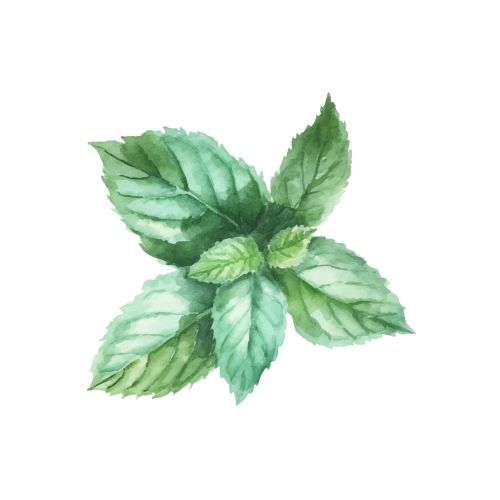
Peppermint
- Refreshing herb (Mentha × Piperita).
- A cross between watermint and spearmint.
- Renowned for culinary, medicinal, and aromatic uses.
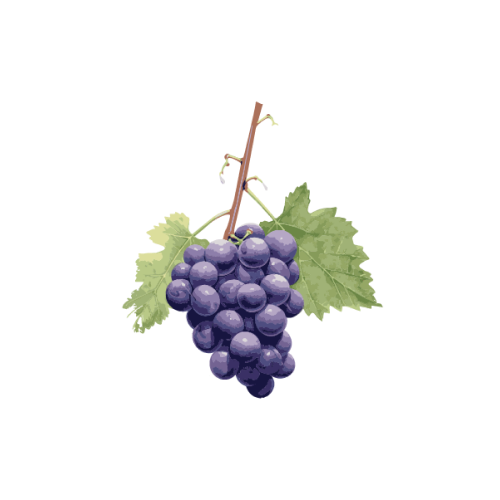
Grape Seed
- Extracted from red grape seeds (Vitis vinifera).
- Praised for potential health benefits.
- Used in dietary supplements and skincare products.
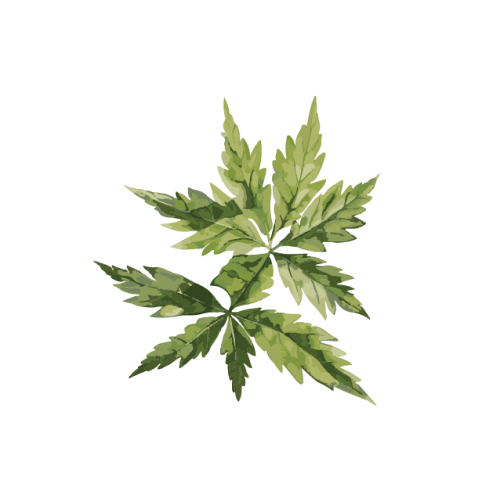
Neem Leaf
- Comes from the neem tree (Azadirachta indica).
- An integral part of Ayurvedic medicine.
- Known for potential health benefits.

Rose
- Iconic flowering plant (Rosa).
- Valued for beauty, fragrance, and cultural significance.
- Widely used in various cultural traditions.
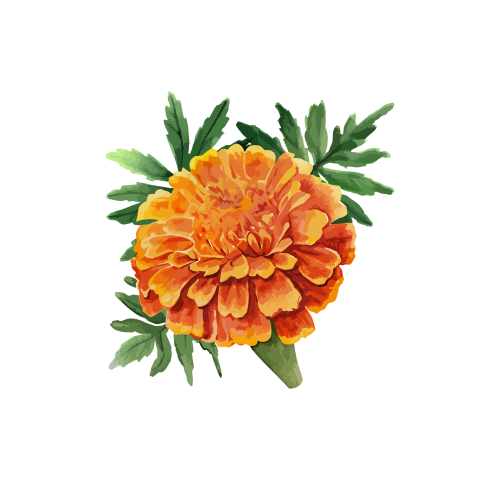
Marigold
- Vibrant flowering plant (Tagetes).
- Native to Mexico and Central America.
- Used for ornamental, culinary, and medicinal purposes.
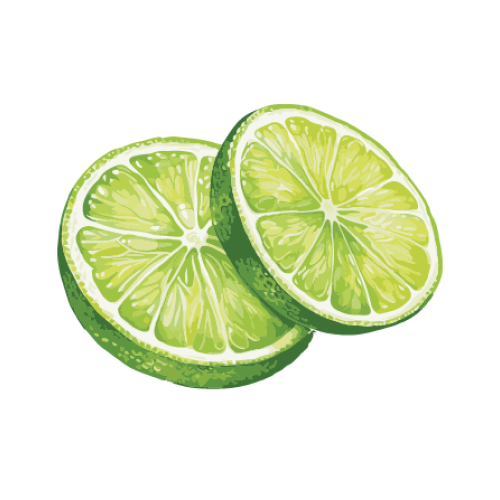
Sweet Lime
- Citrus fruit (Citrus limetta).
- Sweet, mildly tangy flavour.
- Used in culinary and skincare for its fragrance and potential skin benefits.
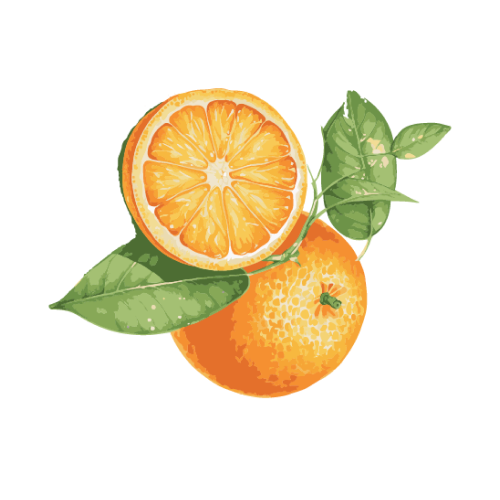
Orange Essential Oil
- Derived from Citrus sinensis (sweet orange) peel.
- Fresh, sweet, uplifting aroma.
- Potential benefits for acne-prone skin, complexion, and refreshing sensation.
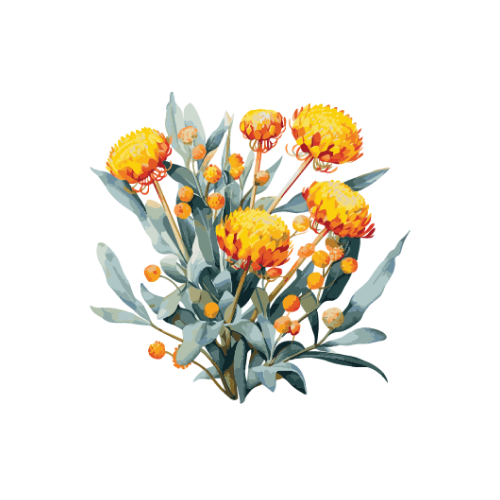
Helichrysum
- A genus of flowering plants.
- Known as “immortelle” for long-lasting flowers.
- Aromatic leaves and vibrant flowers.
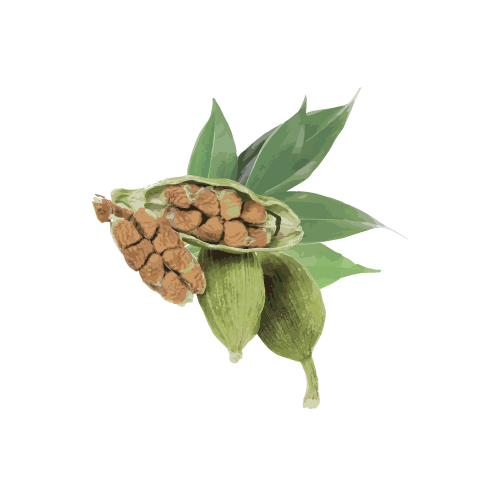
Cardamom
- Essential oil extracted from seeds.
- Potential skincare benefits due to antioxidants.
- Protects skin from oxidative stress.
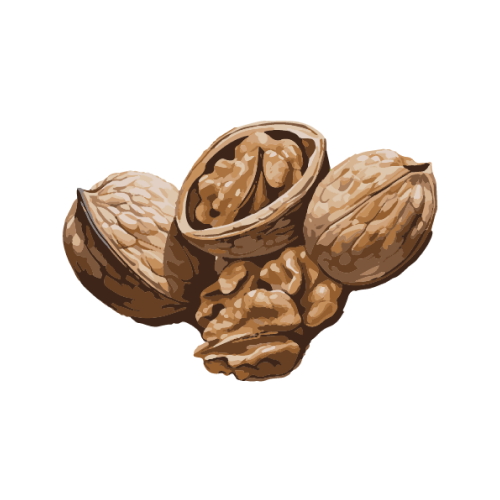
Walnut Shell
- Hard, woody outer coverings of walnut.
- Used as a natural exfoliant in skincare.
- Removes dead skin cells for smoother skin.
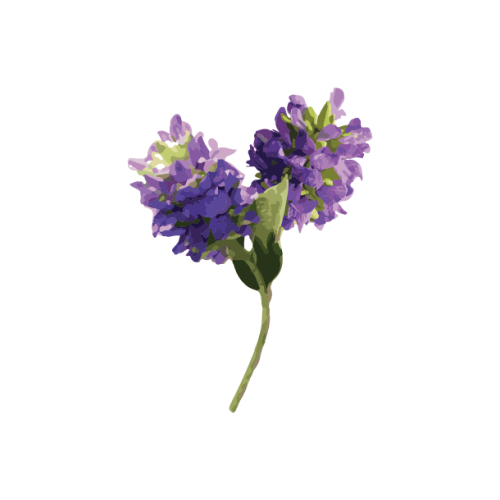
Bakuchi Oil
- Extracted from seeds of Psoralea corylifolia.
- Native to India and Asia.
- Gaining popularity for potential skincare benefits.
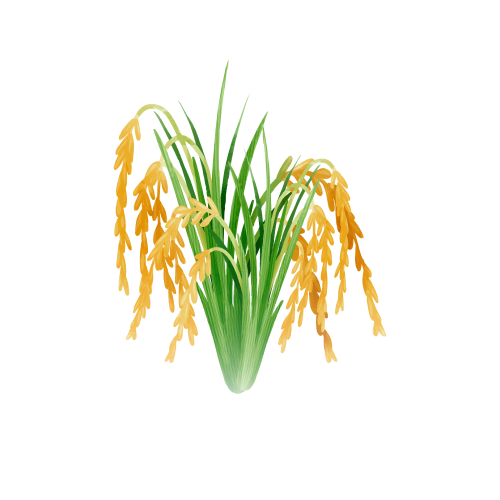
Rice
- Rice water is used in skincare.
- Offers cleansing, brightening, and soothing properties.
- Acts as a gentle exfoliant.
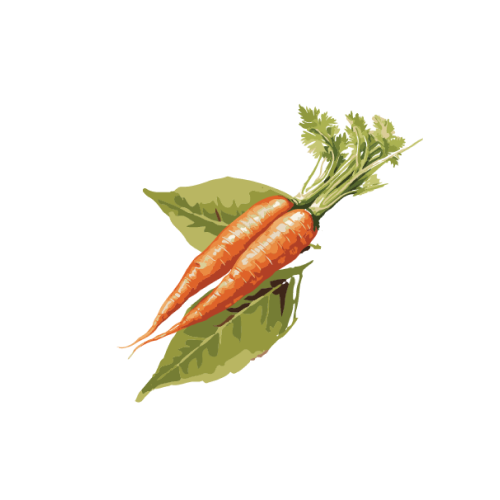
Carrot Seed Oil
- Essential oil from wild carrot seeds.
- Unique aroma and potential skincare benefits.
- Contains antioxidants for skin health.
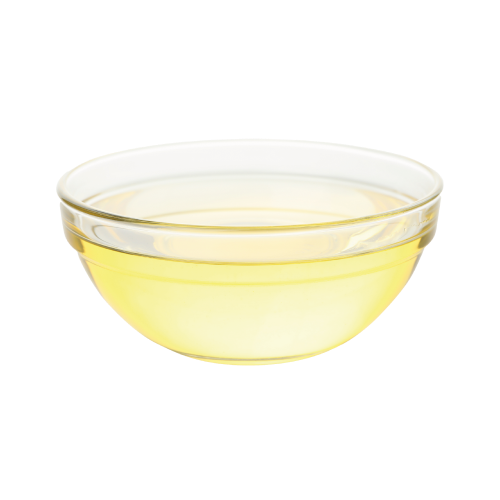
Sesame Oil
- Edible oil from sesame seeds.
- Used for culinary, medicinal, and cosmetic purposes.
- Moisturizing and nourishing properties for skin.
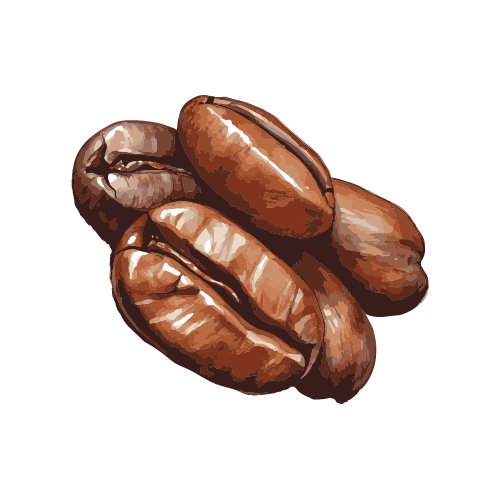
Robusta Coffee
- Coffee beans from Coffea canephora.
- Used as a natural exfoliant in skincare.
- Removes dead skin cells for smoother skin.
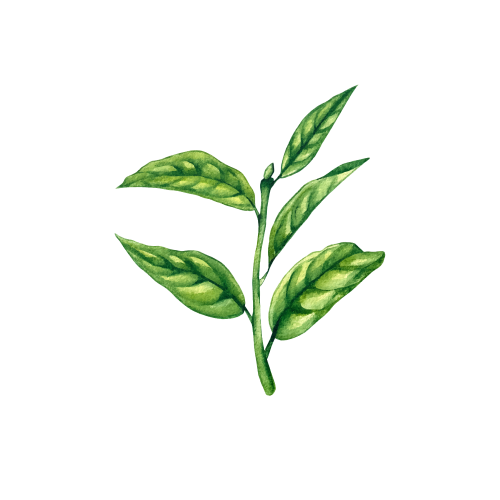
Black Tea
- Extracts used in skincare for potential benefits.
- Contains antioxidants for skin health.
- May reduce signs of ageing.
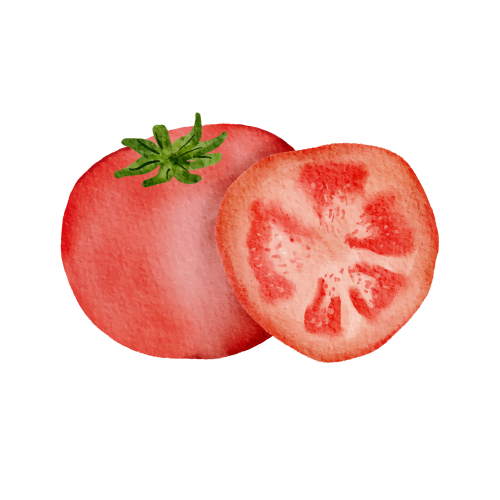
Fresh Tomato
- Widely consumed fruit with various types.
- Contains antioxidants like vitamin C and lycopene.
- Protects skin from oxidative stress.
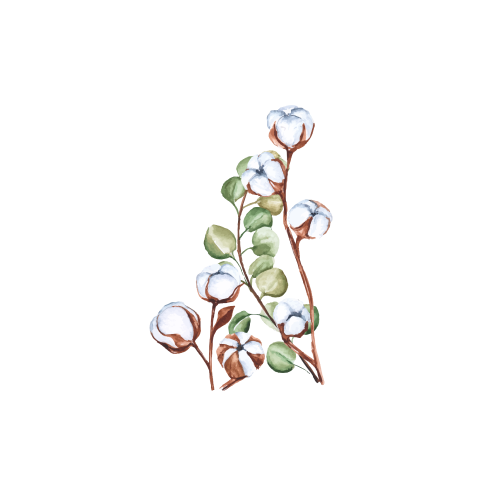
Cotton Seed Oil
- Used in skincare for potential skin health benefits.
- Natural anti-inflammatory properties.
- Soothes and calms irritated or sensitive skin.
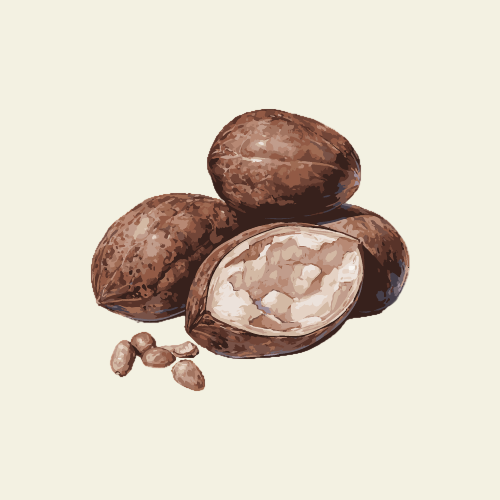
Shea Butter
- Natural fat from shea tree nuts.
- Rich texture and numerous skincare benefits.
- Forms a protective barrier on the skin.
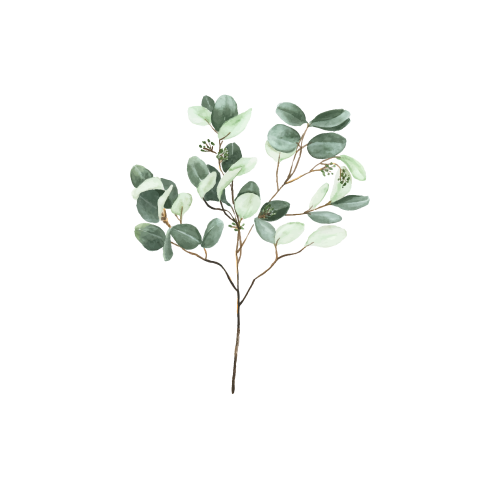
Eucalyptus
- Known for antimicrobial, anti-inflammatory, and soothing qualities.
- Potentially valuable in skincare for these properties.
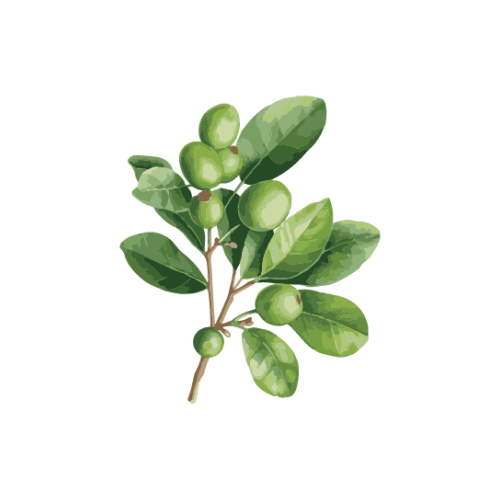
Tamanu Oil
- Extracted from tamanu tree nuts.
- Skin-regenerative properties.
- Used for wound healing and scar reduction.
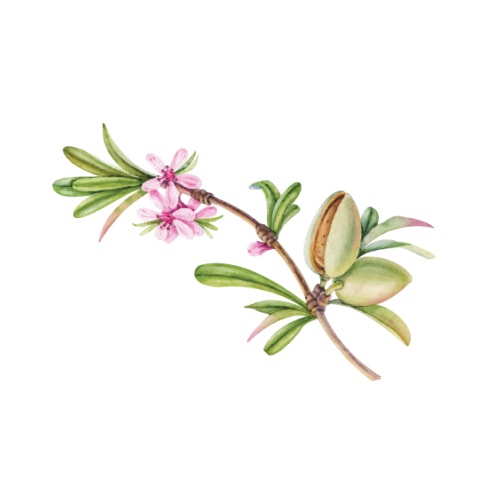
Almond Oil
- Natural oil from almond seeds.
- Used in skincare and haircare products.
- Nourishing and moisturizing properties.
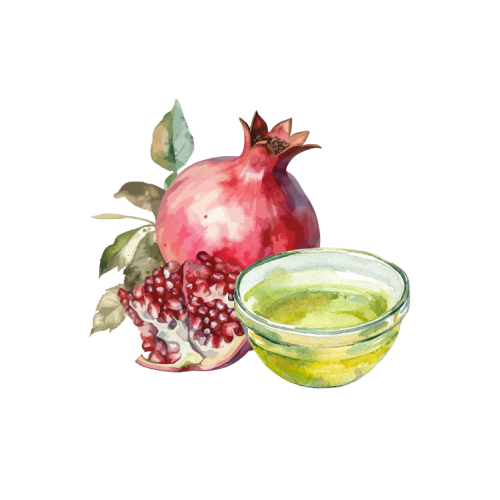
Pomegranate Oil
- Oil from pomegranate seeds.
- High in antioxidants for skin protection.
- Potential benefits for maintaining skin health.
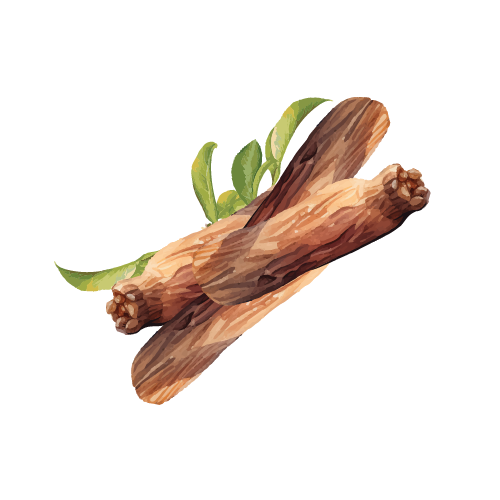
Frankincense
- Resin from Boswellia tree.
- Cultural, spiritual, and medicinal uses.
- Essential oil for skincare benefits.
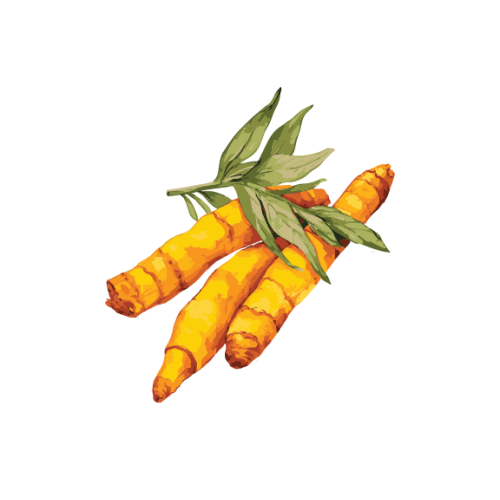
Turmeric
- Bright yellow-orange spice.
- Used in Ayurveda and traditional medicine.
- Potential anti-inflammatory and antioxidant properties.
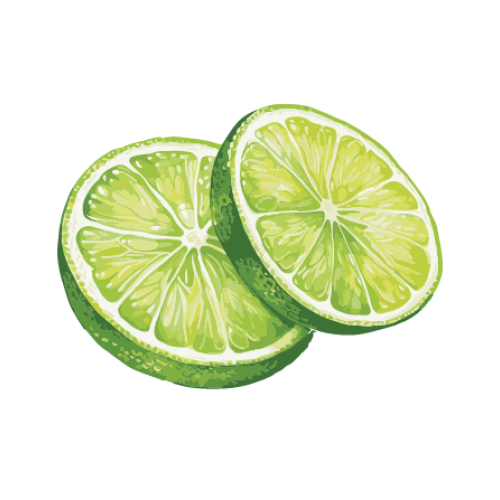
Sweet Lime Peel
- Peel of Citrus limetta.
- Used for fragrance and flavour.
- Part of culinary and aromatic applications.
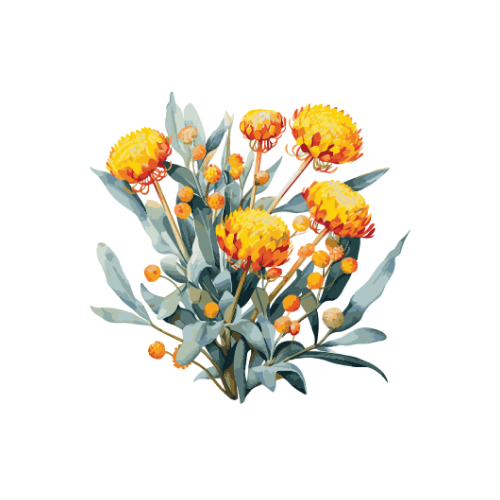
Helichrysum Petals
- Dried flowers with skincare benefits.
- Infused into oils for skincare products.
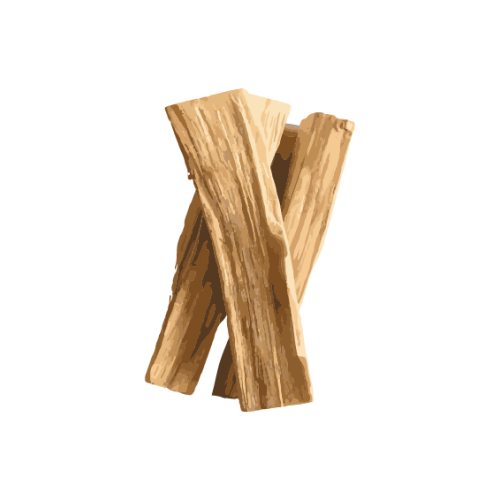
Sandalwood
- Peel of Citrus limetta.
- Used for fragrance and flavour.
- Part of culinary and aromatic applications.

Nettle
- Plant infused into oils for soothing and antioxidant properties.
- May help soothe irritated or sensitive skin.

Rose Water
- Made by distilling rose petals.
- Used for its pleasant scent, flavour, and soothing properties.
- Alleviates skin irritation, redness, and sunburn.
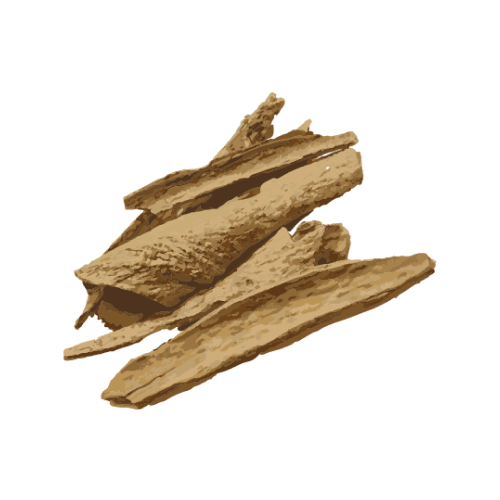
Lodh Bark Powder
- Derived from the bark of the lodh tree.
- Used in Ayurvedic skincare for its skin-soothing and astringent properties.
- Believed to benefit conditions like acne and skin irritations.
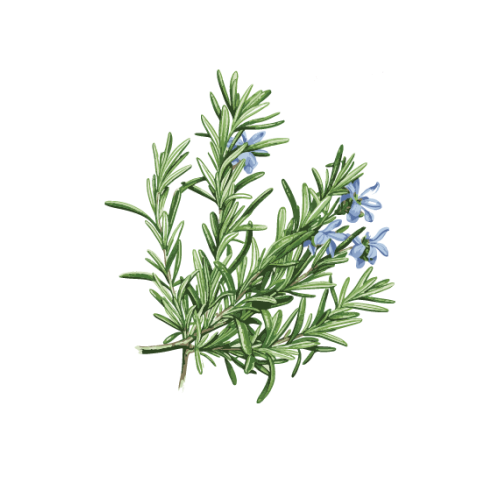
Rosemary
- Herb or essential oil infused into carrier oils.
- Soothing and aromatic for massages or as a moisturizer.

Tea Tree Oil
- Derived from tea tree leaves (Melaleuca alternifolia).
- Used in skincare for managing acne, reducing blemishes, and soothing skin irritations.
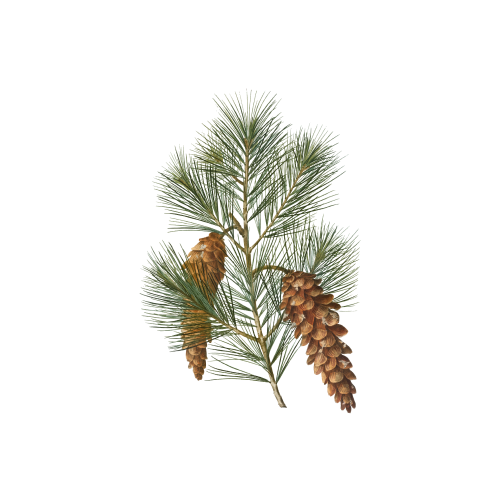
Cedarwood
- Wood from cedar trees that is used for its aromatic and durable qualities.
- Commonly used in aromatherapy and skincare.
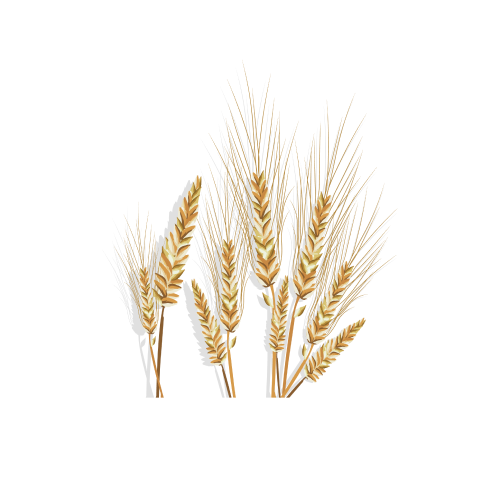
Wheat Germ Oil
- Extracted from the germ of the wheat kernel.
- Used in skin care for moisturizing, anti-aging, and soothing effects.
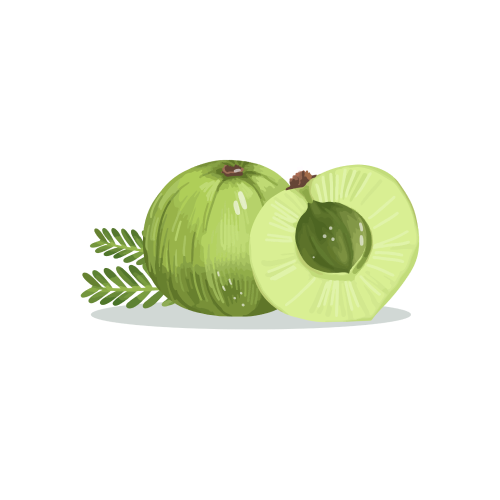
Amla
- Small green fruit used in DIY face masks for rejuvenation.
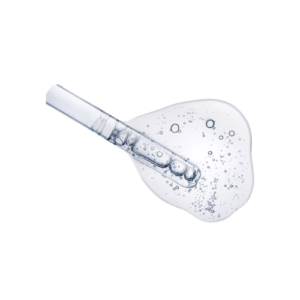
Hyaluronic Acid
- Natural substance in the body, crucial for moisture and tissue elasticity.
- Hydrates the skin and maintains moisture.
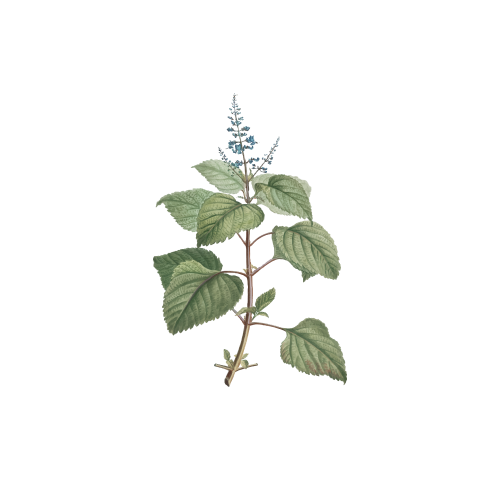
Holy Basil
- Highly revered herb in Ayurvedic medicine.
- Antimicrobial and anti-inflammatory properties may benefit the skin.

Rose Oil
- The aromatic essential oil is extracted from rose petals.
- Used in skincare for hydrating, soothing, and improving skin texture.
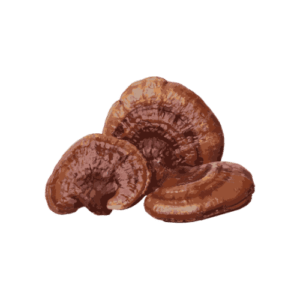
Reishi Mushroom
- Medicinal mushroom with antioxidants.
- Used for potential health benefits in skincare.
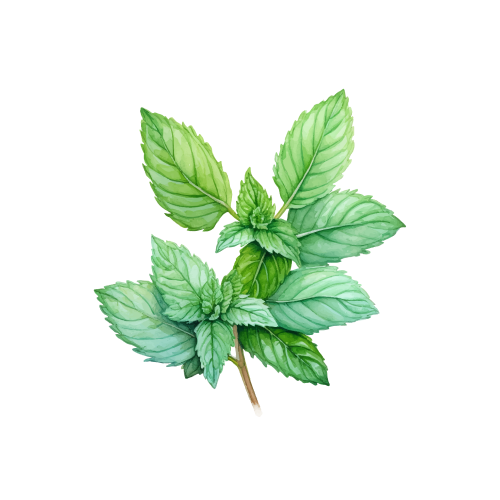
Spearmint
- Extract or oil used in skincare for potential oil-regulating properties.
- Suitable for oily or combination skin.
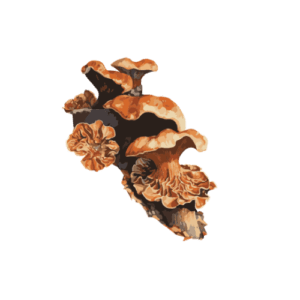
Spearmint
- Fungus with potential benefits for the skin.
- Gaining popularity in the skincare industry.
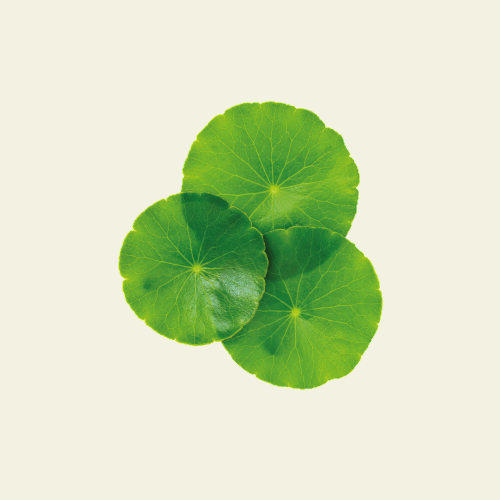
Brahmi
- An ayurvedic herb used for skin inflammation and complexion.
- Also used in hair care products.
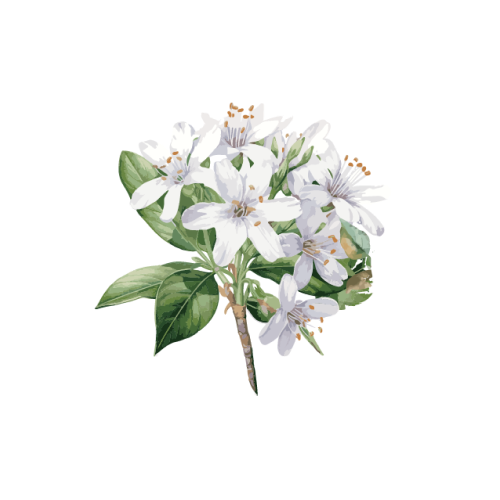
Moringa Oil
- Extracted from moringa tree seeds.
- Nourishes the skin, reduces fine lines, and promotes skin health.
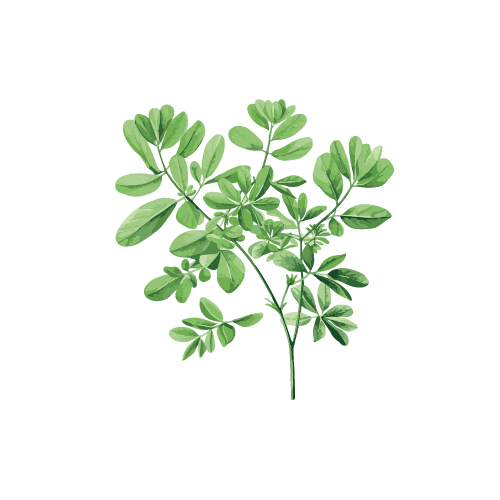
Ashwagandha
- Adaptogenic herb used for anti-aging and skin hydration.
- Incorporated into topical skincare products.
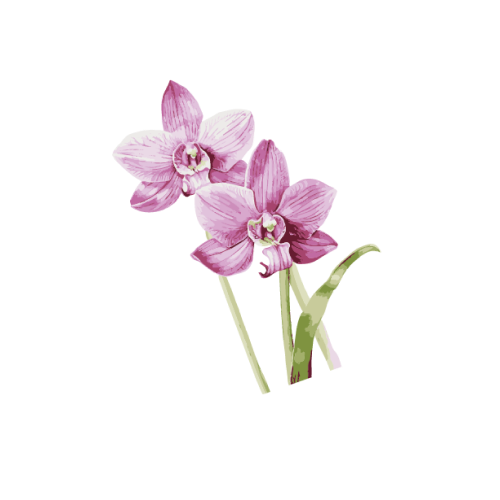
Orchid Stem Powder
- Derived from orchid stem cells, it is known for its moisturising properties.
- Contains antioxidants, believed to have anti-aging effects and protect against environmental damage.
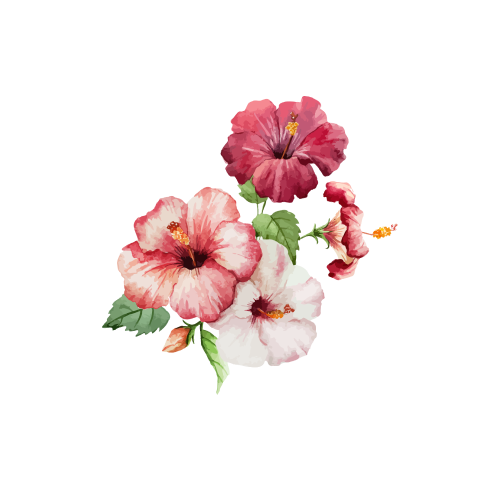
Hibiscus
- Flower used in various skincare products.
- Potent; patch testing is recommended for sensitive skin.
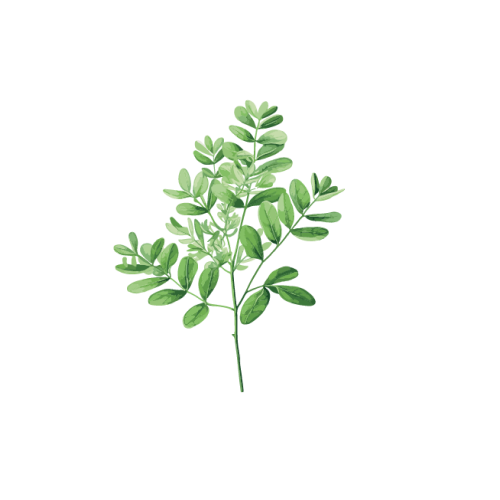
Fenugreek
- Herb with various applications, including skincare.
- Used in face masks or skincare products.
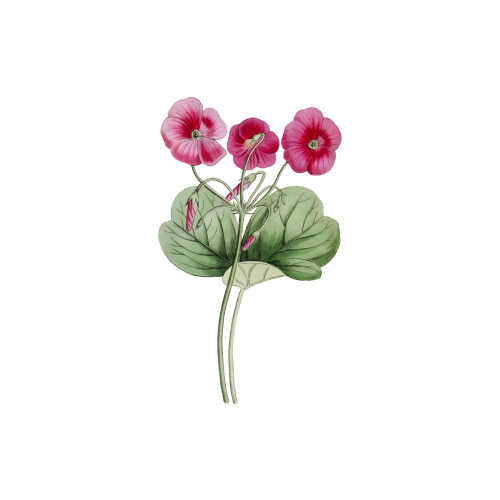
Geranium essential oil
- Derived from Pelargonium graveolens plant, used for its skincare benefits.
- Astringent, anti-inflammatory, and antimicrobial properties may improve skin texture and reduce blemishes.
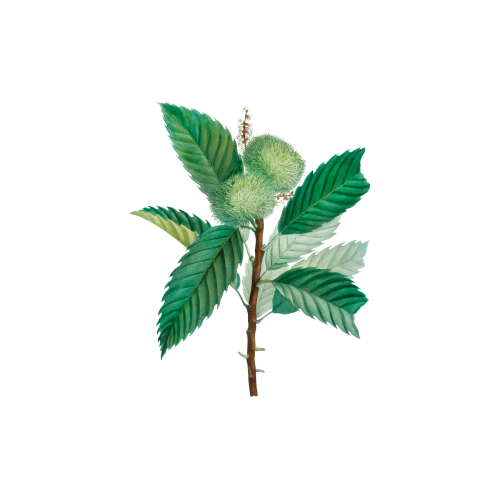
Castor oil
- Vegetable oil with various uses, including skincare.
- Moisturises, promotes hair growth and strengthens hair.
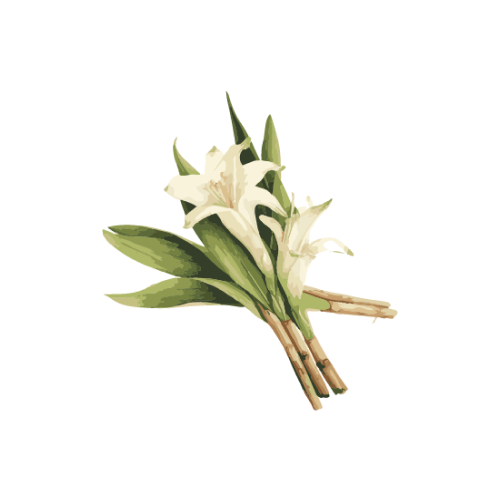
Vanilla
- Popular flavour and fragrance derived from vanilla orchids.
- Widely used in perfumes and body care products for its sweet and comforting scent.
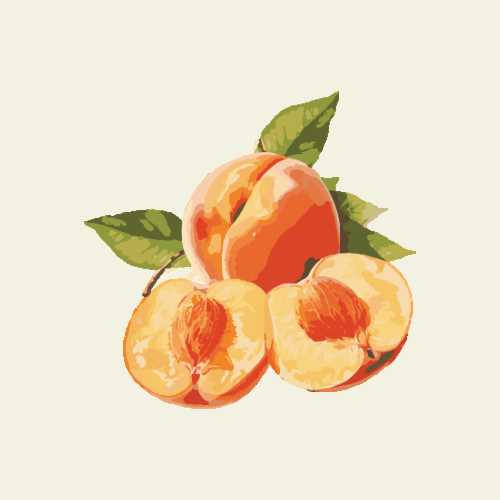
Apricot kernel oil
- Extracted from apricot kernels, known for moisturizing and emollient properties.
- Hydrates the skin, improves skin tone, and maintains elasticity.
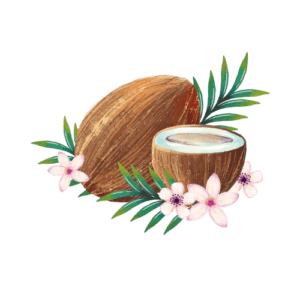
Coconut oil
- Derived from coconut meat, rich in medium-chain triglycerides.
- Versatile oil with moisturizing properties, used in skincare and hair care.
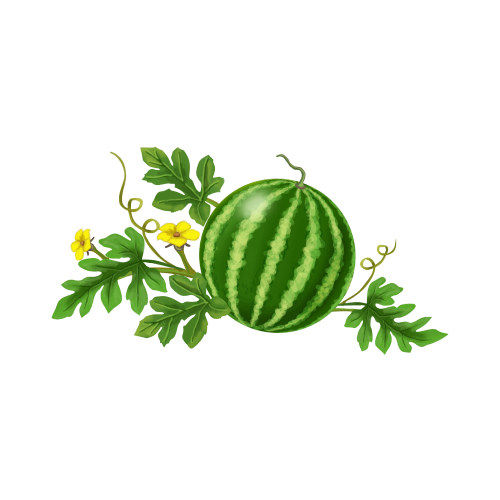
Watermelon seed oil
- Light and moisturizing oil extracted from cucumber seeds.
- High in linoleic acid, suitable for moisturizing and balancing oil production.
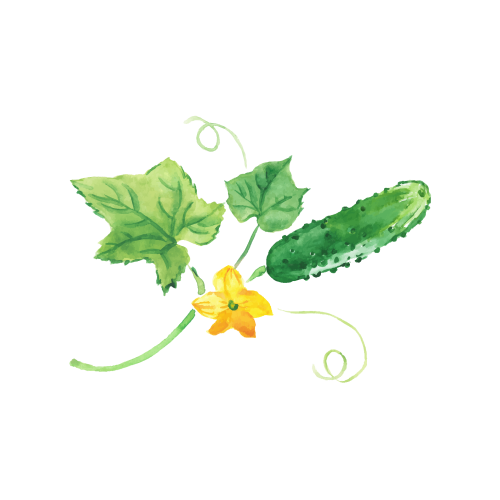
Cucumber seed oil
- Light and moisturizing oil extracted from cucumber seeds.
- High in linoleic acid, suitable for moisturizing and balancing oil production.
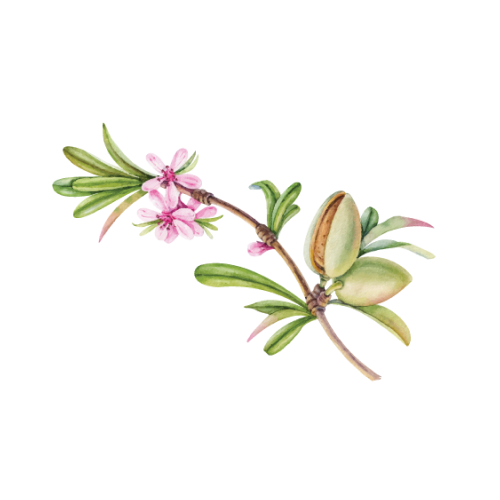
Sweet almond oil
- Versatile oil with monounsaturated and linoleic acids, suitable for various skin types.
- Non-comedogenic, balances oil production, and can be used for gentle cleansing.
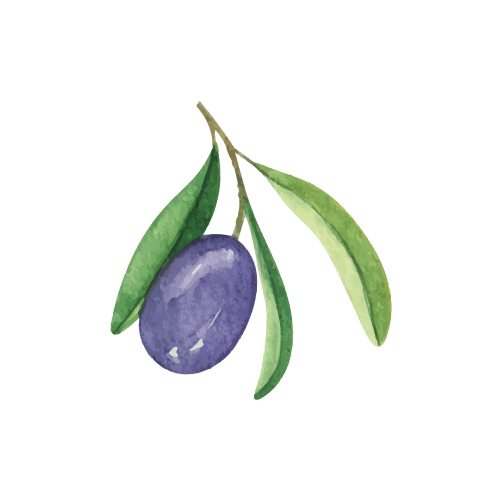
Olive oil
- Extracted from olive fruit, used in skincare for moisturizing and nourishing properties.
- Applied topically to promote skin hydration and softness.
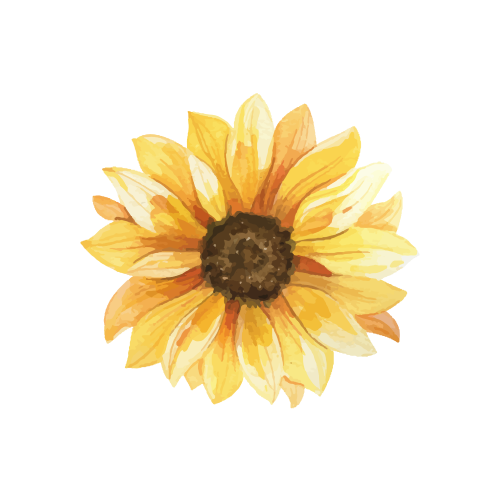
Sunflower oil
- Popular vegetable oil with moisturizing properties.
- Used in skincare and hair care products to promote hydration.
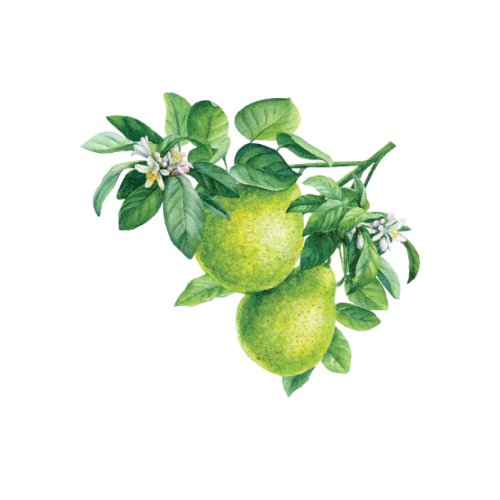
Kaffir lime
- Citrus fruit with aromatic peel used in skincare.
- Kaffir lime essential oil is added for fragrance, while zest serves as a natural exfoliant, promoting smoother skin.
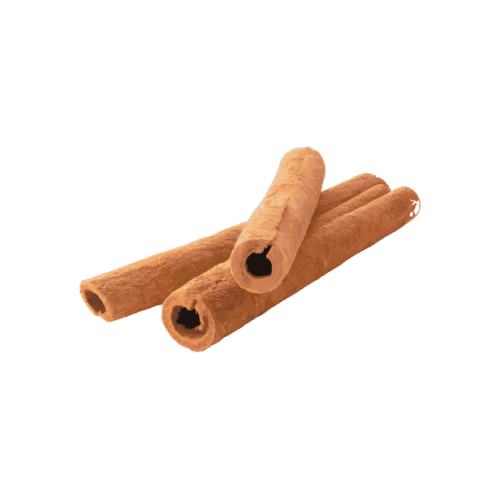
Cinnamon essential oil
- Concentrated oil from cinnamon tree bark or leaves.
- Used cautiously in skin care and hair care for potential benefits such as improved circulation and hair growth.
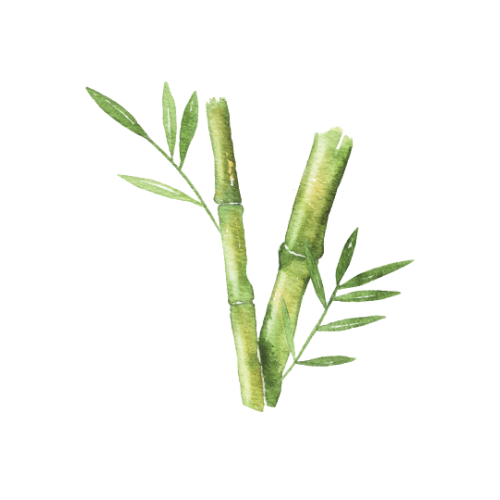
Sugarcane juice
- Sweet juice extracted from sugarcane, is used in skincare as a natural exfoliant and moisturizer.
- Contains alpha hydroxy acids (AHAs) for exfoliation and improving skin texture.



